The connection between health and wealth is well documented, as we’ve reported in our MAP research over the years. In our most recent MAP work we put a sharp focus on American women. It revealed startling statistics about their well-being:
- Over four out of 10 feels out of control of their financial situation
- One-third rate their mental health as fair or pair
- Three in 10 rate their physical health as fair or poor
Millennial and Gen Z women are especially hard hit, and men are significantly less likely than women to be experiencing these financial and health challenges.
What’s Going On?
Younger women face a disproportionate financial burden.
Over half (54%) of women under age 55 feel somewhat or very out of control of their financial situation, compared to 42% of men under age 55 and 24% of women aged 55 or older. Half of these younger women say their financial situation has worsened compared to last year and four out of 10 have experienced challenges affording enough food to feed their household in the past year.
Women under age 55 are often in the throes of balancing work and family, all while making 80 cents for every dollar a man makes. This is not new news, but the wage gap is getting attention. Claudia Goldin won the Nobel Prize in economics in late 2023 for her work that shines a light on women in the workforce.
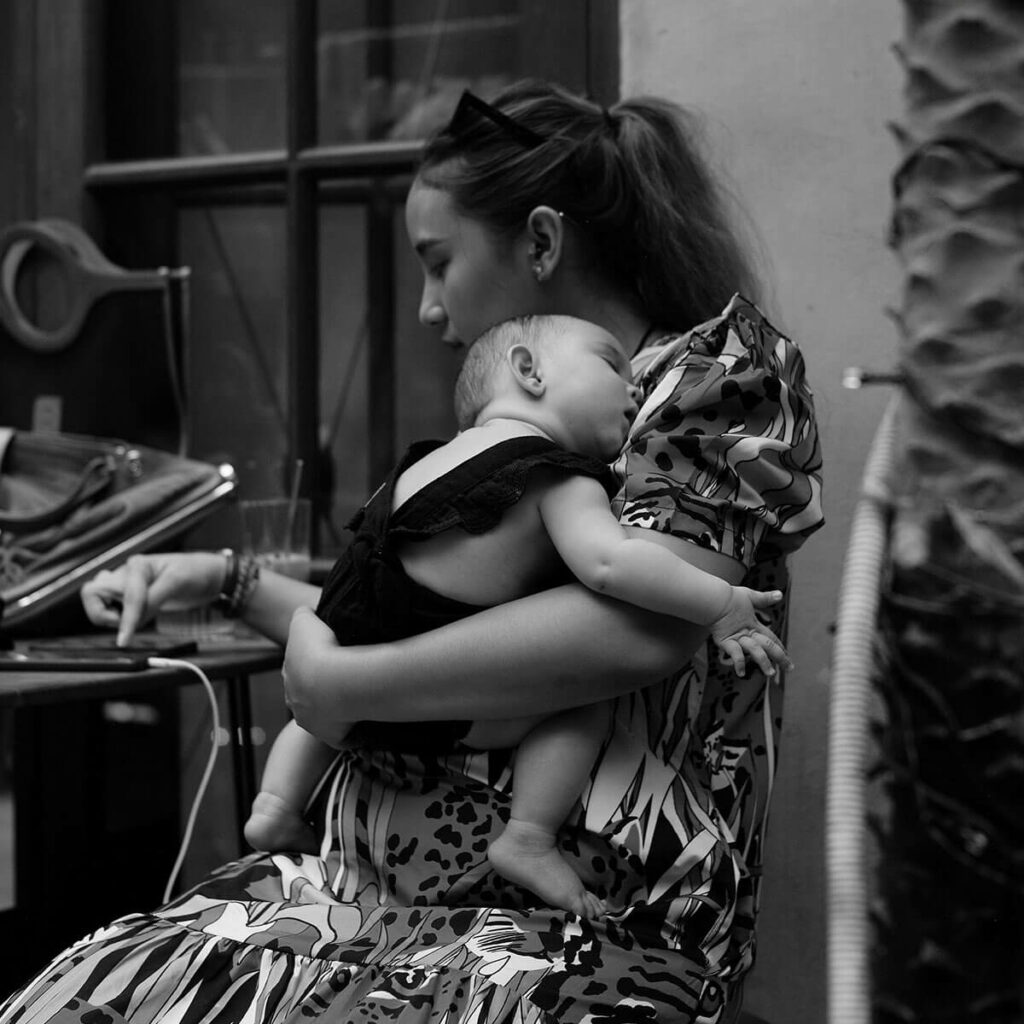
Photo by Rendy Novantino on Unsplash
Younger women face a disproportionate toll on health.
Over four in 10 women under age 55 rate their mental health as fair or poor, compared to two in 10 women aged 55 or older and 26% of men under age 55.
There is powerful evidence behind this disparity. The Mayo Clinic reports that twice as many women as men experience depression.
Factors behind this gap include biological issues such as hormonal changes as well as societal triggers that occur more often in women than in men, including women experiencing unequal power and status, work overload, and more sexual and physical abuse.
One in three (33%) women under age 55 rate their physical health fair or poor compared to 26% of women aged 55 or older and 21% of men under age 55. The health disparity is getting some attention, usually by women. We love this recent Fortune article “Women are not small men” written by female executives at McKinsey, who explain that the fact that health care methods have been based solely on the male body has contributed to a global health gap. Another good point of view on the subject is an essay published in Time in which Maytal Eyal asserts that “Self-Silencing is Making Women Sick”. In “A Short History of Silence” from her collection of essays The Mother of All Questions, Rebecca Solnit differentiates between “silence as what is imposed and quiet as what is sought.” She gives examples of smaller silencings — “the people harassed and badgered into silence online, talked over and cut out in conversation, belittled, humiliated, dismissed” — and why they matter: “Having a voice is crucial. It’s not all there is to human rights, but it’s central to them, and so you can consider the history of women’s rights and lack of rights as a history of silence and breaking silence.”
It’s All Connected
The health/wealth cycle is a powerful one. Younger women struggling with mental or emotional health issues are facing major financial and professional challenges. Women aged 18–54 with fair or poor mental health are far more likely than others to have experienced financial or professional struggles in the past year, such as a significant decrease in household savings, health problems, difficulty finding a job with decent pay and benefits and so on. Sometimes the link between health and wealth struggles is as clear as a higher medical bill. The Fortune article mentioned above states the following: “In the U.S., McKinsey Health Institute found that conditions that predominantly affect women often carry higher co-payment requirements.”
Women are more also likely to be unemployed or full-time caregivers. Note the outsized influence caregiving has on women and the employment impact in this study we conducted with the Bipartisan Policy Center: Women in the Workforce Need Family Focused Policy.
Managing Well-Being Matters
Next, we found that women are more likely than men to manage their emotional health with hobbies, time in nature, socialization and releasing their emotions. Our research also shows that women who report good or better mental health are more likely than those who report fair or poor mental health to:
- engage in a range of wellness behaviors: regular doctor’s visits, exercise, social activity, meditation or prayer and eating a balanced diet
- include exercise and socializing as strategies to improve or manage their mental health

Photo by Annie Spratt on Unsplash
Many of these activities require financial means, so the link between health and wealth continues to manifest. This in-depth article by Suzanne Norman highlights the financial challenges women face, and, importantly, identifies ways to create a virtuous cycle of health and wealth.
Again, from Solnit:
“The task of calling things by their true names, of telling the truth to the best of our abilities, of knowing how we got here, of listening particularly to those who have been silenced in the past, of seeing how the myriad stories fit together and break apart, of using any privilege we may have been handed to undo privilege or expand its scope is each of our tasks. It’s how we make the world.”
At Artemis Strategy Group, we plan to continue to measure these issues for our clients and ourselves, identifying ways, as a society, we can encourage those behaviors that have a positive impact on health and finances and help women prioritize themselves and their needs.
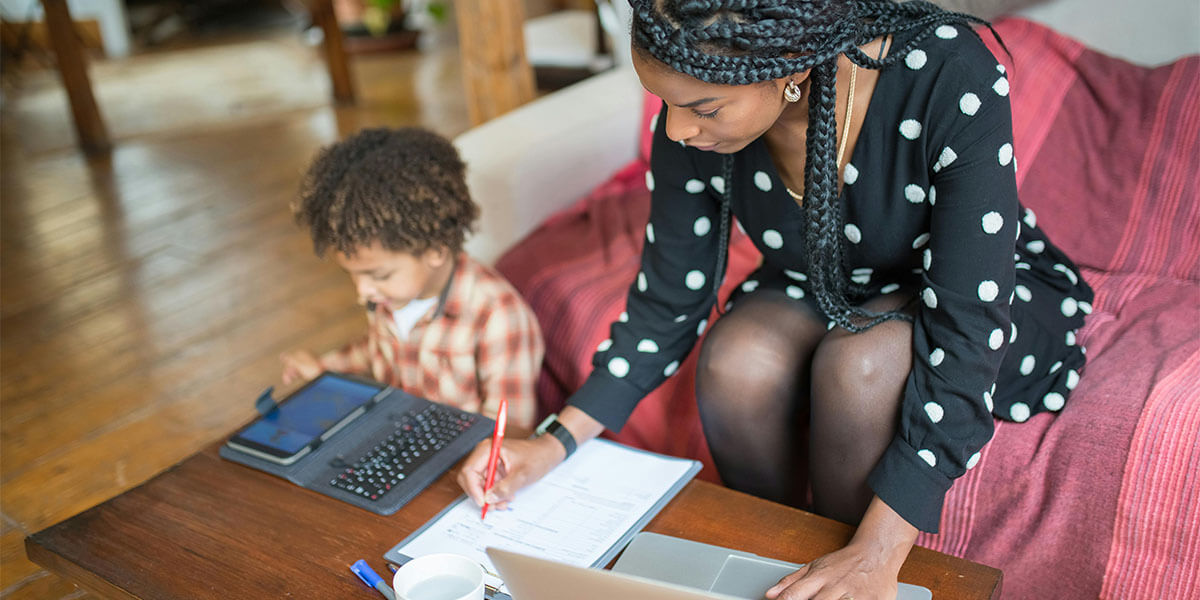
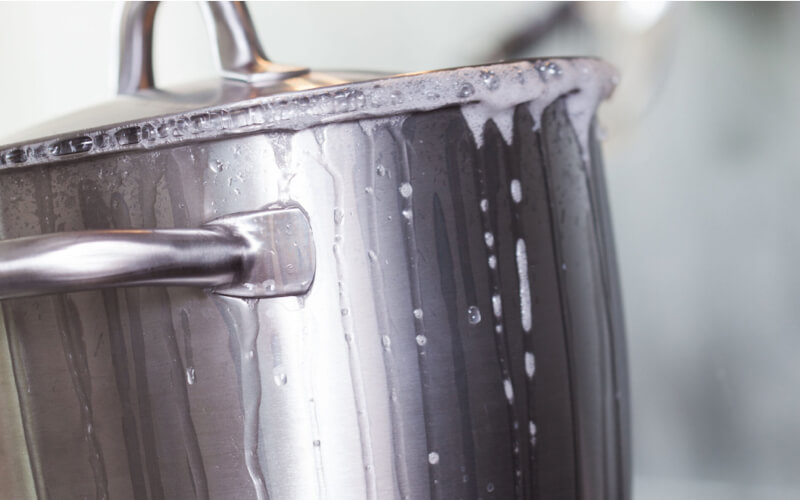
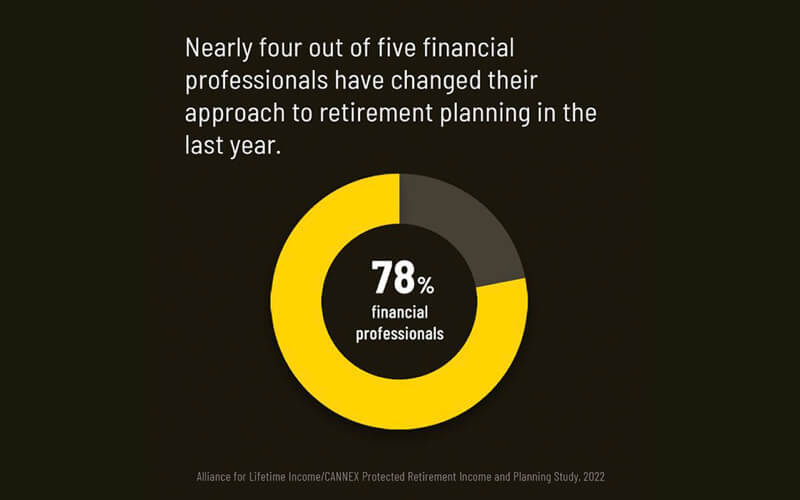
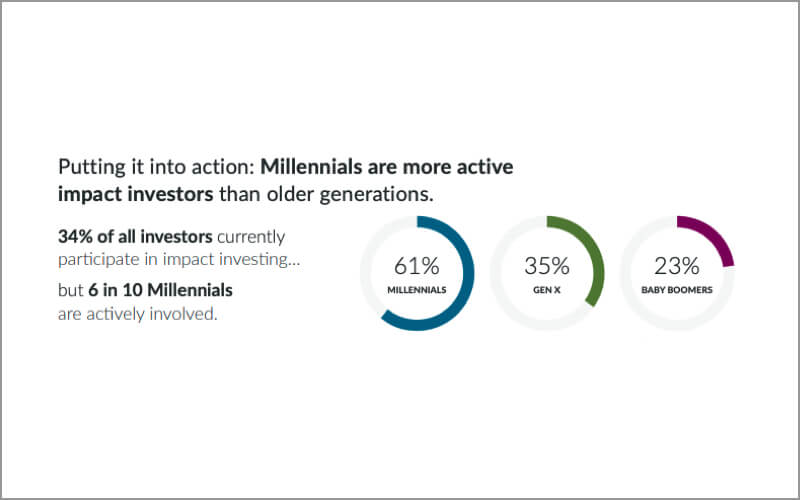
Thank you so much, Anne. This all needs to be said over and over again. For me, the disproportionate burden of elder care (relative to my male siblings) during a crucial era of being a wage earner while parenting a Gen Z is my triple whammy. As a fellow consultant, I try to weave my experience into my work as much as possible. Thank you for taking up this important issue.